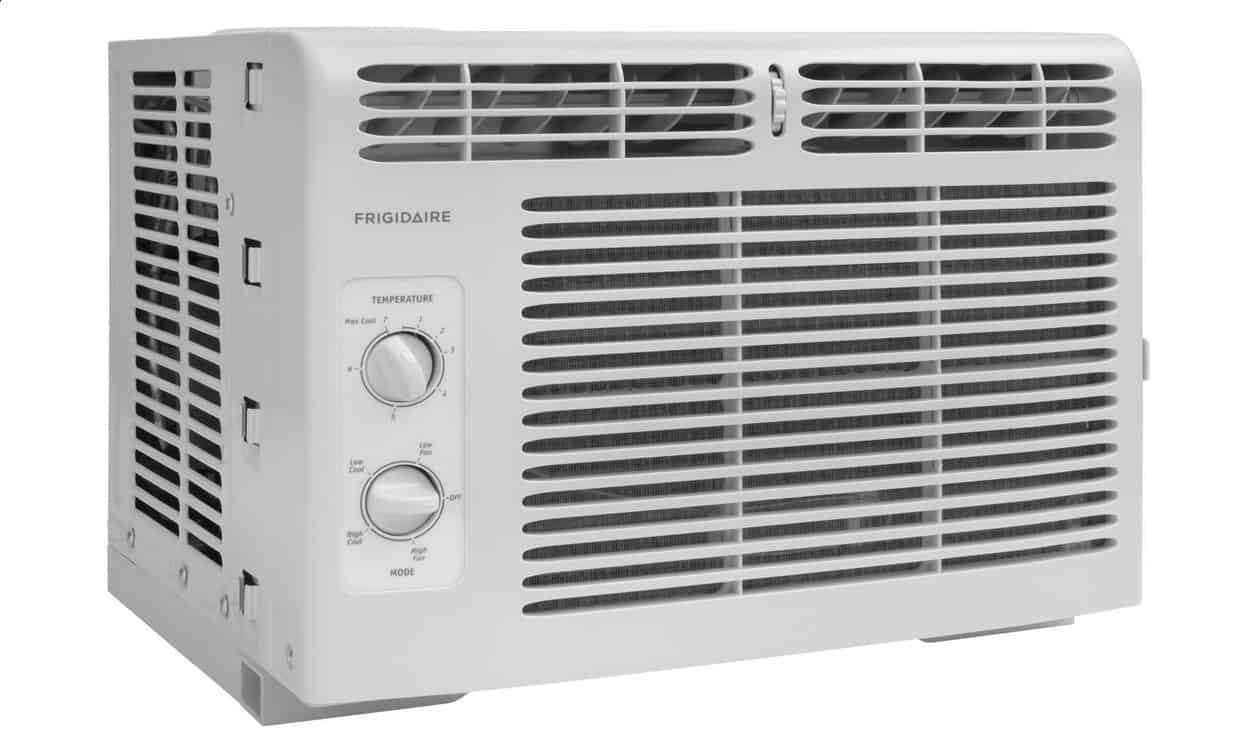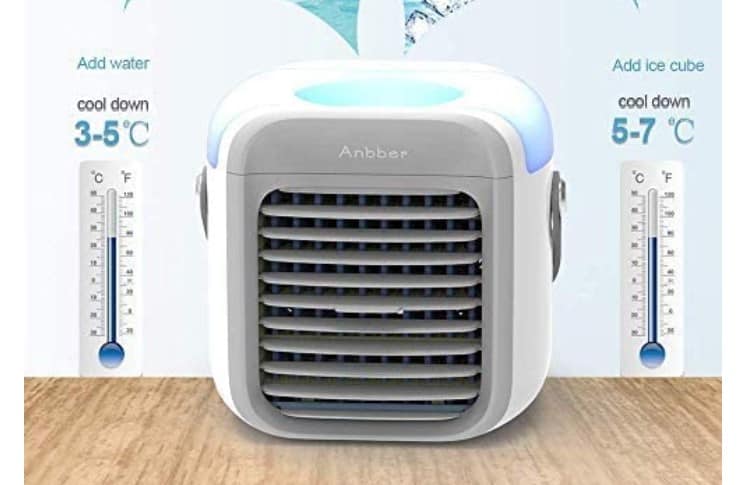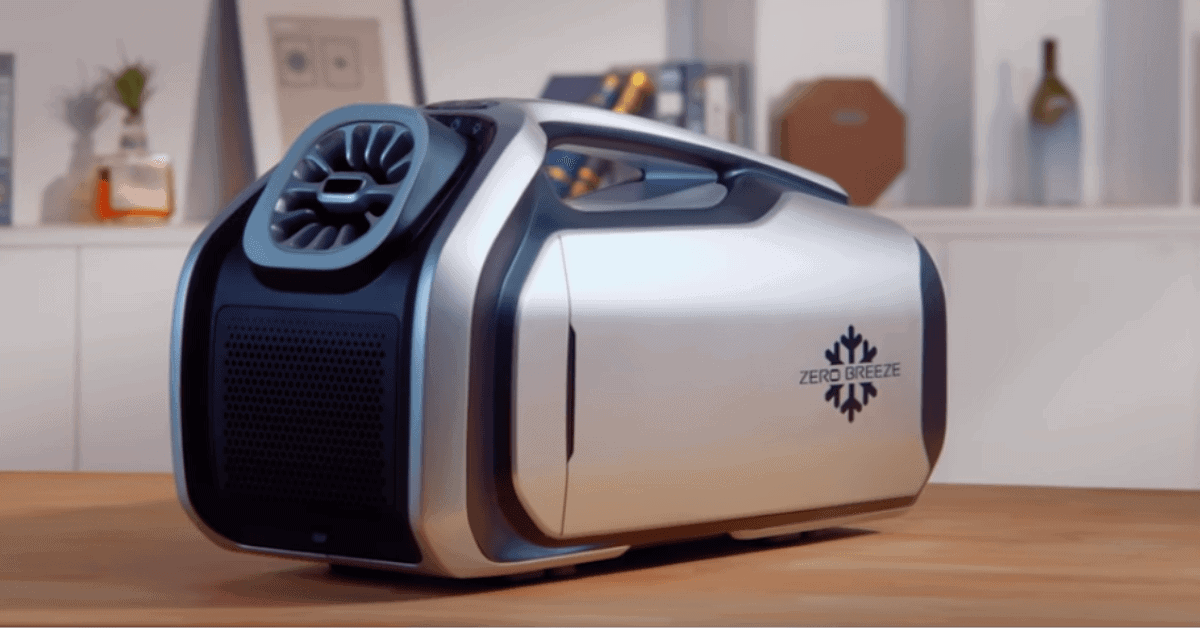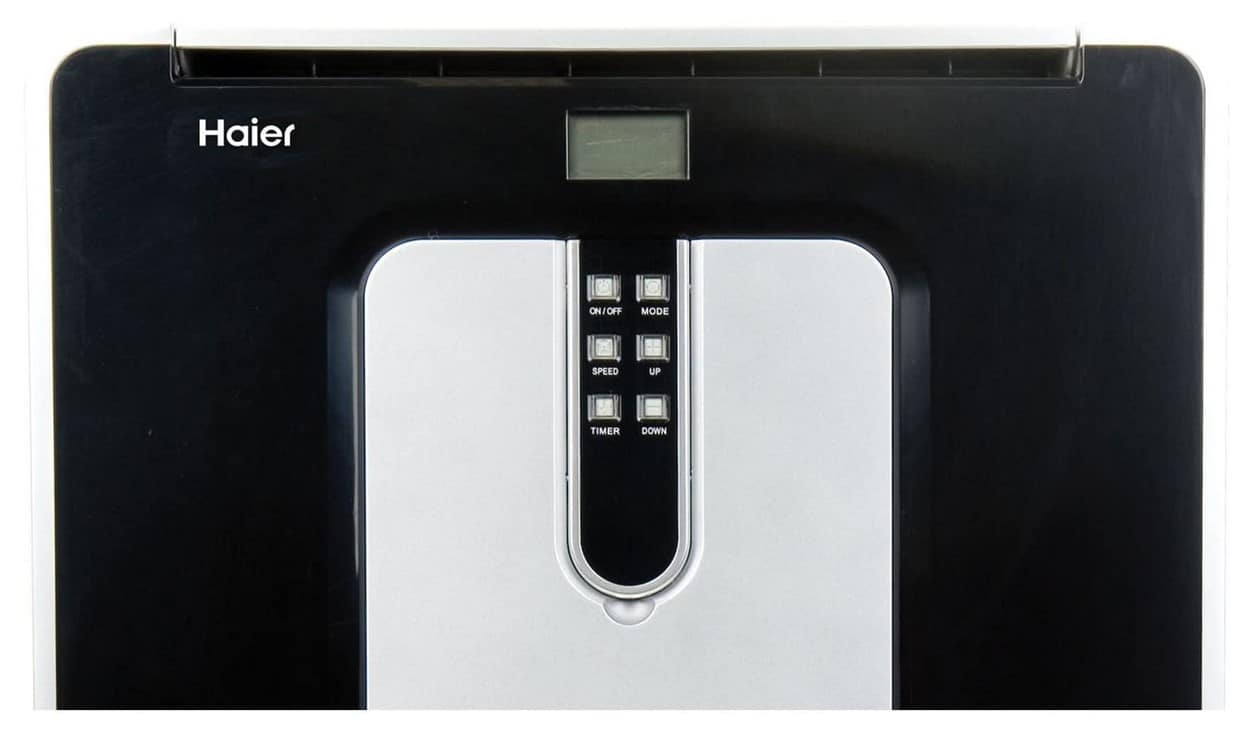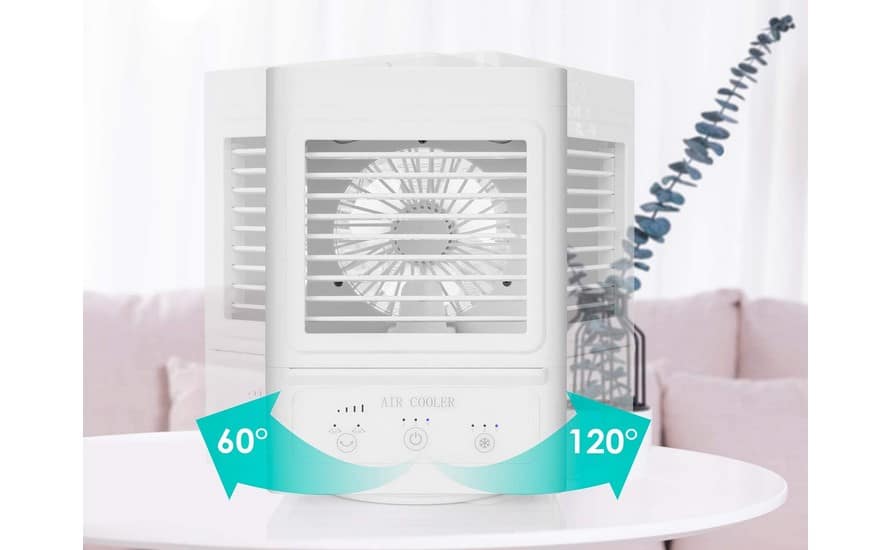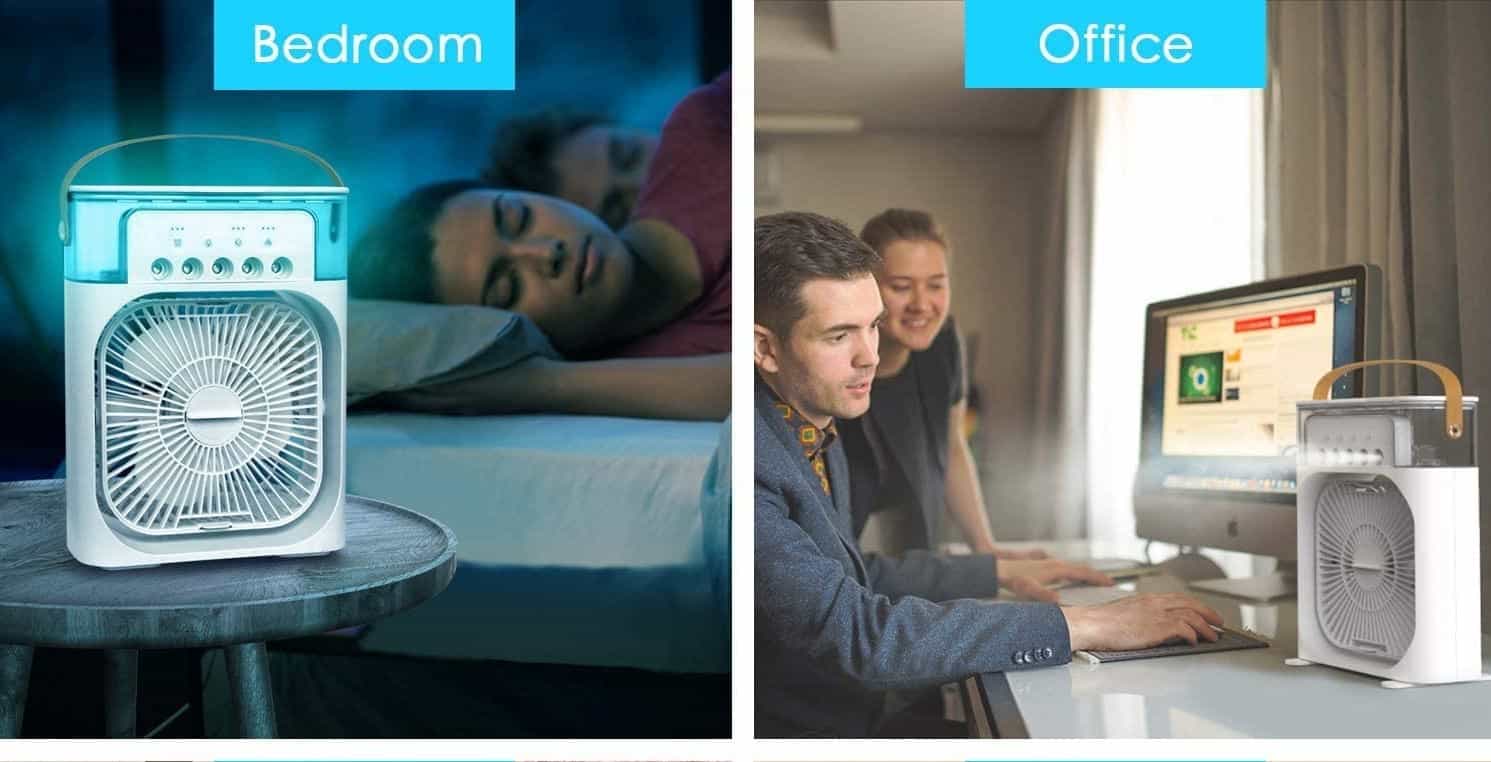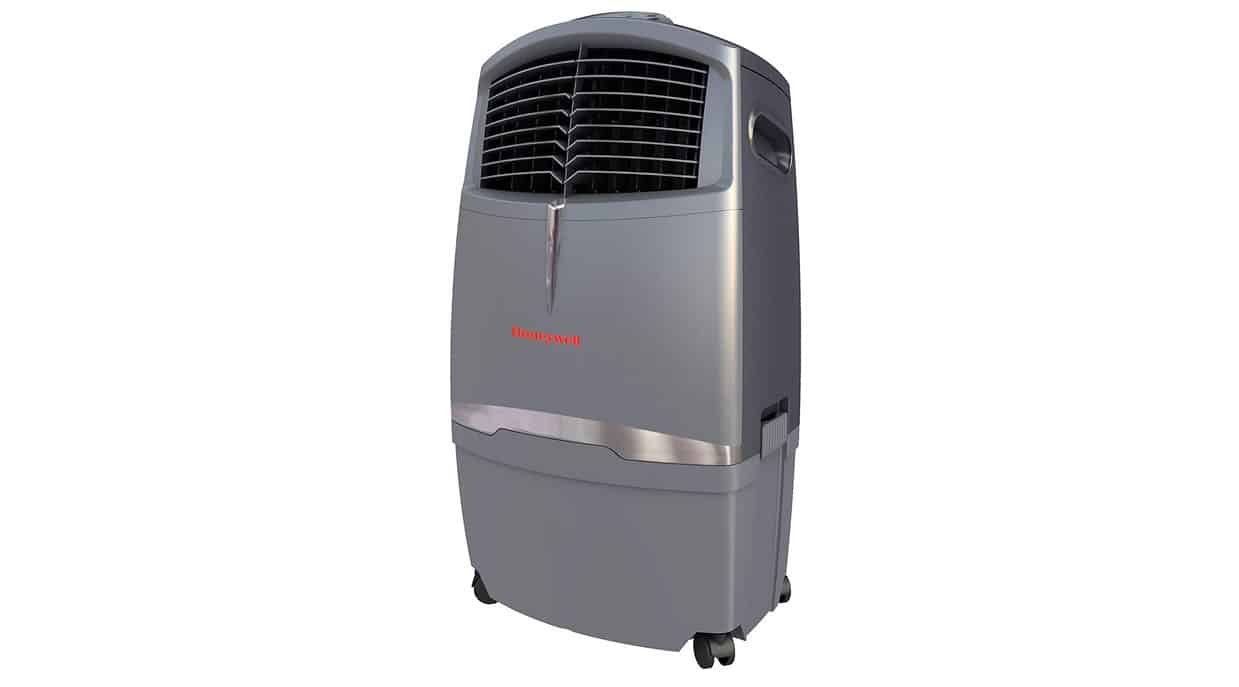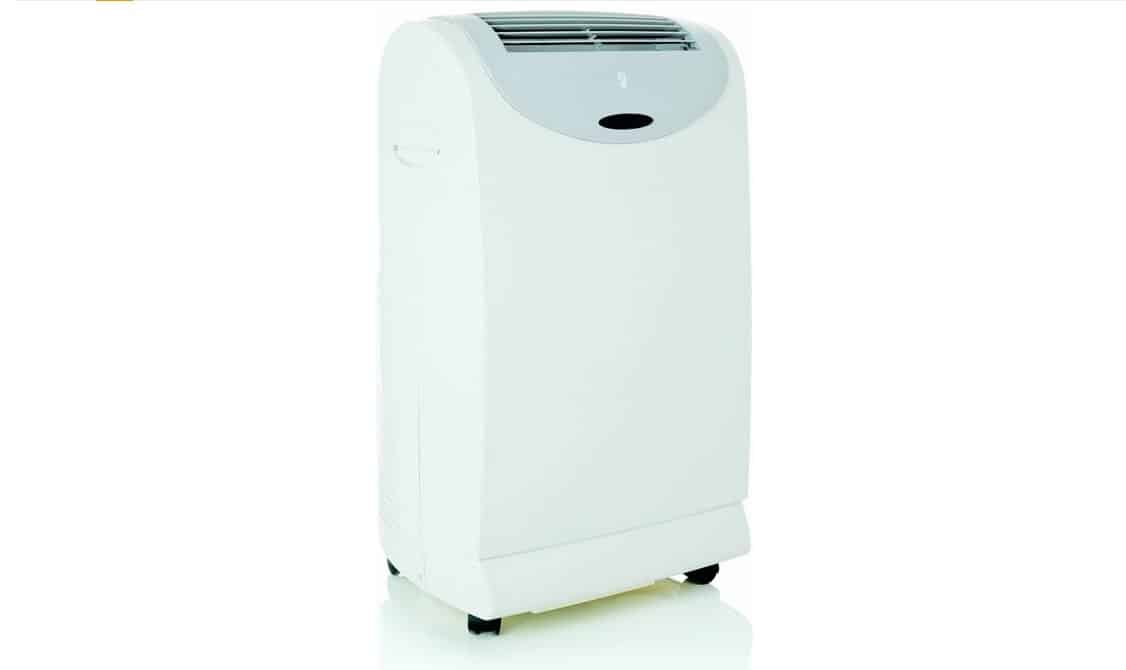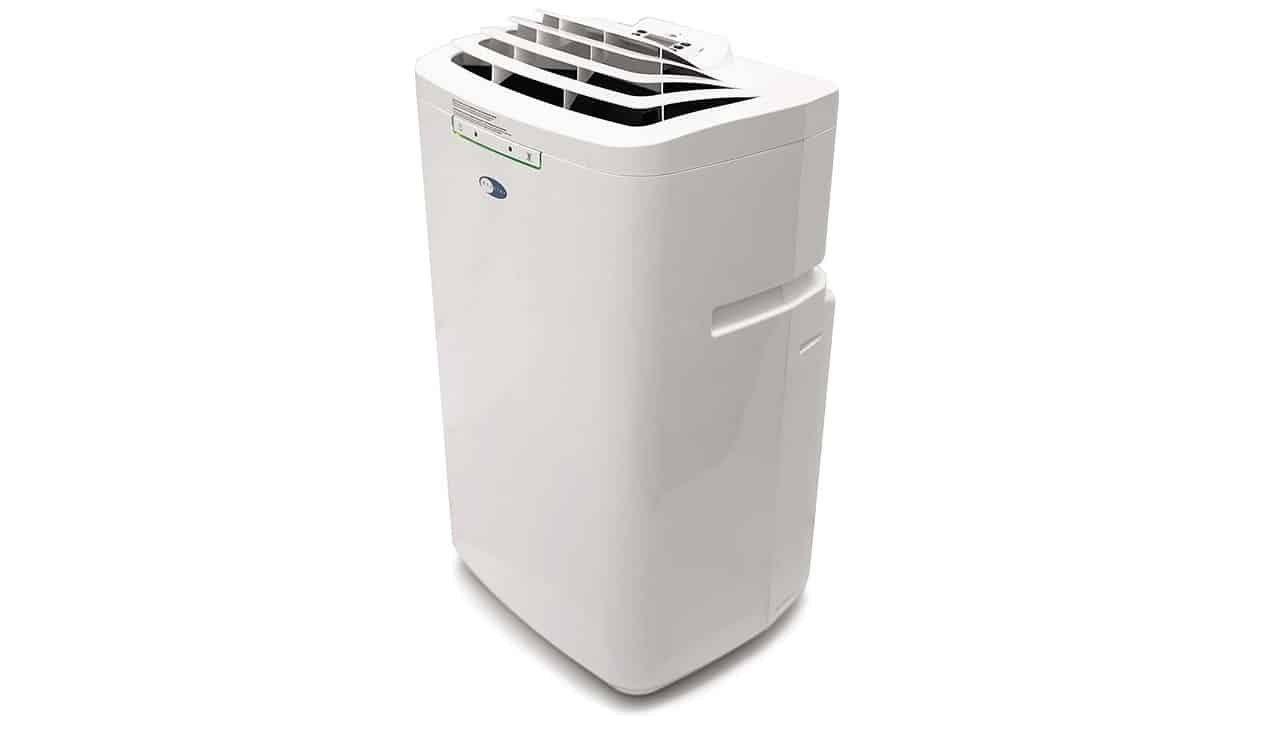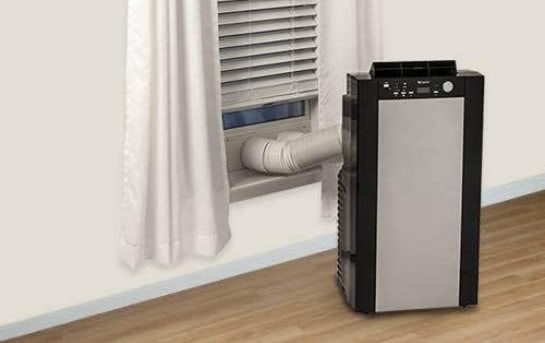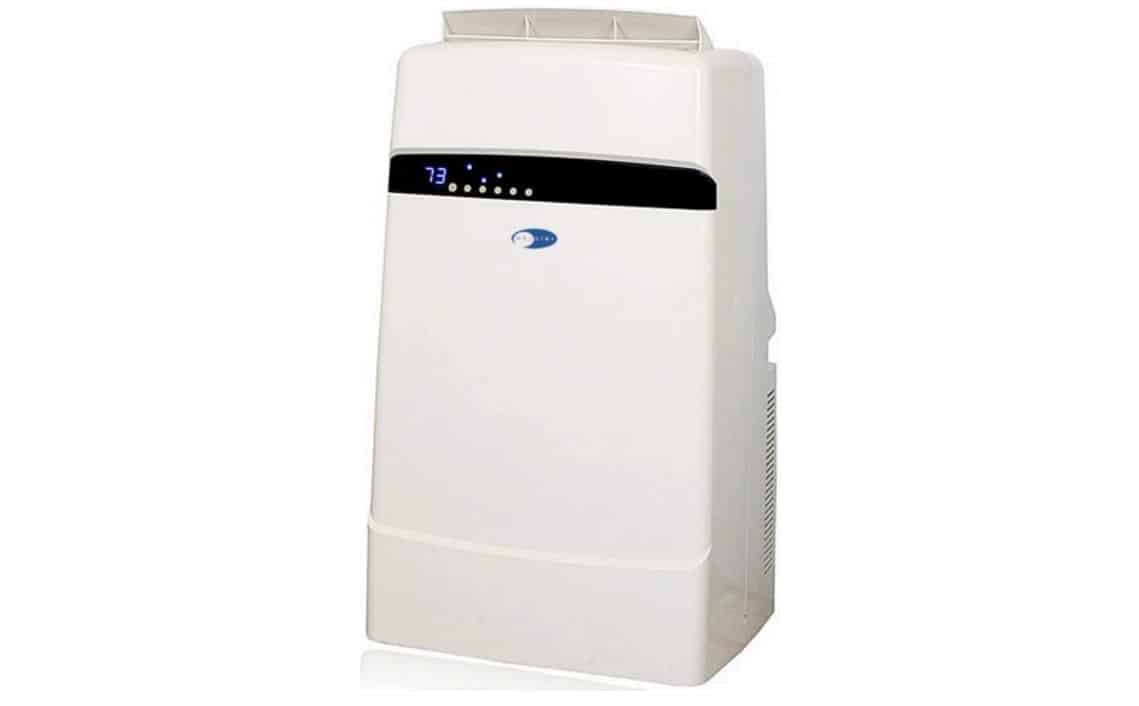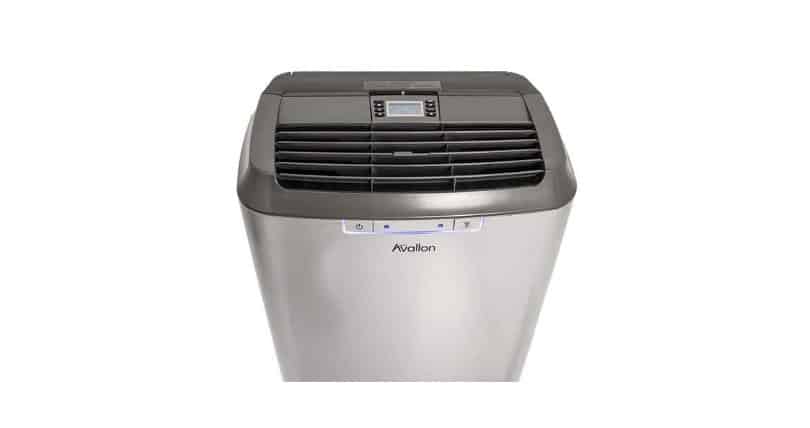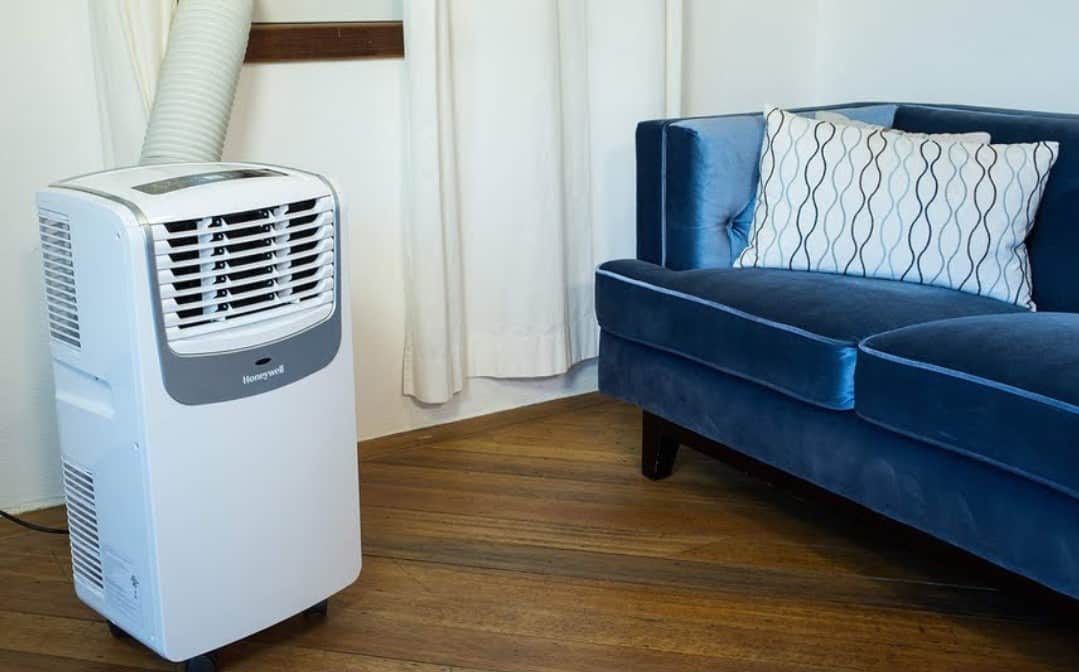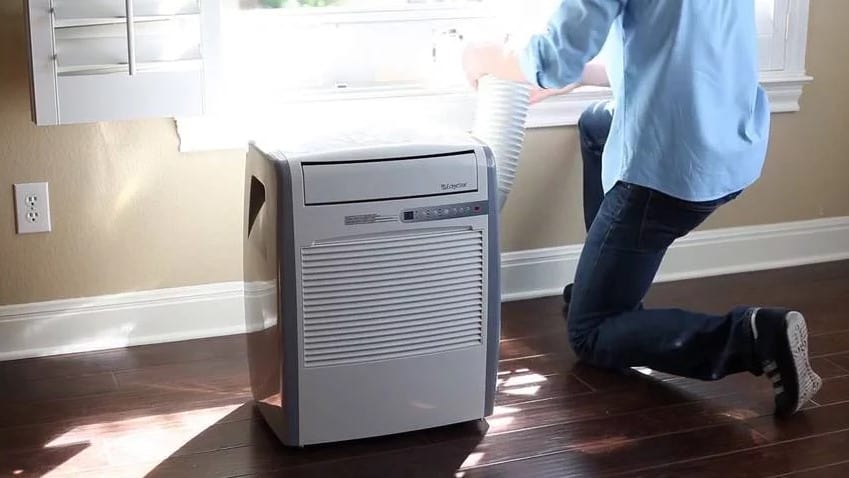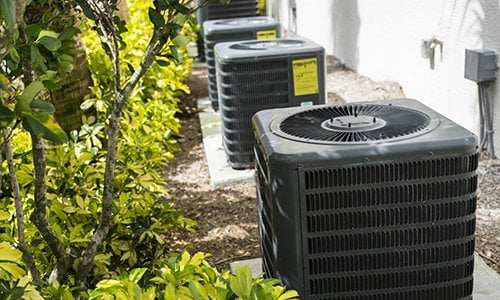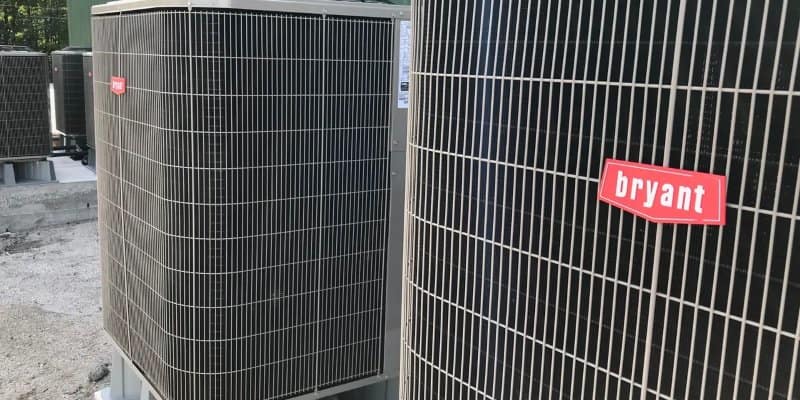If your HVAC system seems to run poorly, you may want to learn how to find a leak in a central air conditioner. This is why you want to make sure you install the central air conditioner correctly. Though water leaks are the most common kind, refrigerant leaks and Freon leaks can also occur, even in the best air conditioners.
KEY TAKEAWAYS:
- There are three kinds of common leaks in HVAC systems: Freon, water, and evaporator coil leaks.
- Water leaks are the most common kind of leak in HVAC systems and are generally the easiest to deal with.
- Signs that you have a leak include noticeably worse performance, more noise while running, loud noise when shutting off, and water or liquids in places they aren’t normally found.
After you read about how to find and handle leaks, you may want to look at how to drain water from a window air conditioner. You may also be interested in how to find the BTU rating in an air conditioner. Other articles include controlling an A/C from a mobile device and how to reduce the noise of an air conditioner.
Finding Leaks In Central Air Conditioners
The three most common types of leaks in HVAC systems are water leaks, Freon leaks, and refrigerant leaks. These leaks can cause serious issues, including water damage to your home, decreased life of your HVAC system, decreased efficiency and cooling power in your AC system, and damage to components. For a simpler solution, consider getting a highly-rated windowless air conditioner instead.
Insider Tip
Water leaks are the most common kind seen in central air systems by a wide margin and are also usually the easiest for a repair technician to deal with.
Water Leaks
Cooled refrigerant moving through the evaporator coil of your central air conditioner pulls warm air over the top of the coil, and the moisture in that air condenses and drips into the drain pan, where it’s released through the drain line outside.
If you’re seeing water in places it shouldn’t be, namely your floor, you probably have a water leak. As with each leak type, you’re better off calling a licensed repair technician instead of attempting the fix yourself.
Freon or Refrigerant Leaks
If your HVAC system doesn’t seem to cool the house sufficiently, usually indicated by the room not reaching the temperature you set the system to, you probably have a Freon leak and should call a professional. Be warned, though: a common scam HVAC professionals run is to offer to “top off” your Freon levels without fixing the leak.
This isn’t how your refrigerant works. Freon needs to be refilled to exact numbers which vary from system to system. An honest repair center will run a diagnostic first, fix the leak, then refill your Freon based on what your system dictates.
Evaporator Coil Leak
Your indoor evaporator coil is a copper tube. Copper can deteriorate over time through a process called formicary corrosion, which is caused by pollutants like hair spray, cleaning products, and air fresheners.
If your HVAC is malfunctioning, check for liquid near the coil, which could be either Freon or water. A severely deteriorated copper coil can cause leaks that can damage the system, and although coil repairs are often possible, it’s usually best just to replace it. Either way, this is not a DIY project, so you should call a professional HVAC tech.
Warning
Freon leaks can be dangerous at significant levels of exposure; do not attempt to repair a refrigerant leak yourself! Call a professional HVAC technician.
F.A.Q.S
Why does water form in my air conditioner?
Water forms in an AC system when warm air is blown over the evaporator coil, causing condensation. This condensation collects in the drain pan as it drips off the coil and is then released by the drain line.
Why is it important to know where an HVAC leak is?
Knowing (or guessing to the best of your knowledge) where the leak is located allows you to make the most informed decision about how to fix it and to let a professional tech know what kind of job they’re looking at.
Is a Freon leak dangerous?
Besides compromising the cooling power and efficiency of your HVAC system and risking possible damage to components, Freon leaks can be dangerous because they can be toxic to humans if they’re exposed to them.
STAT: Inverter air conditioner units are far more efficient than standard types and can save as much as 60% in energy costs. (source)

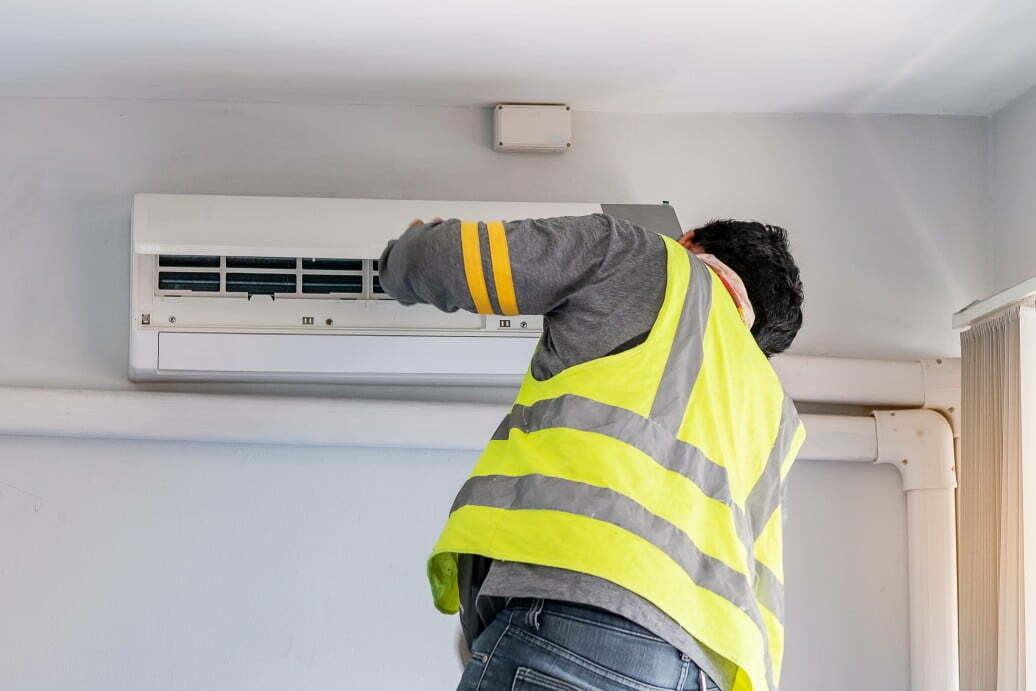













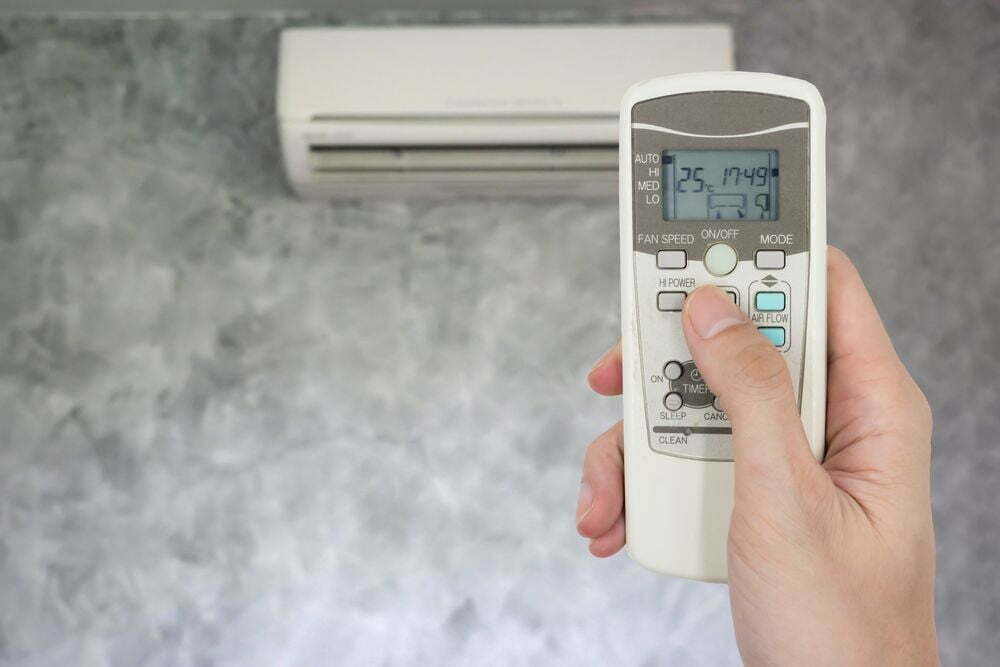
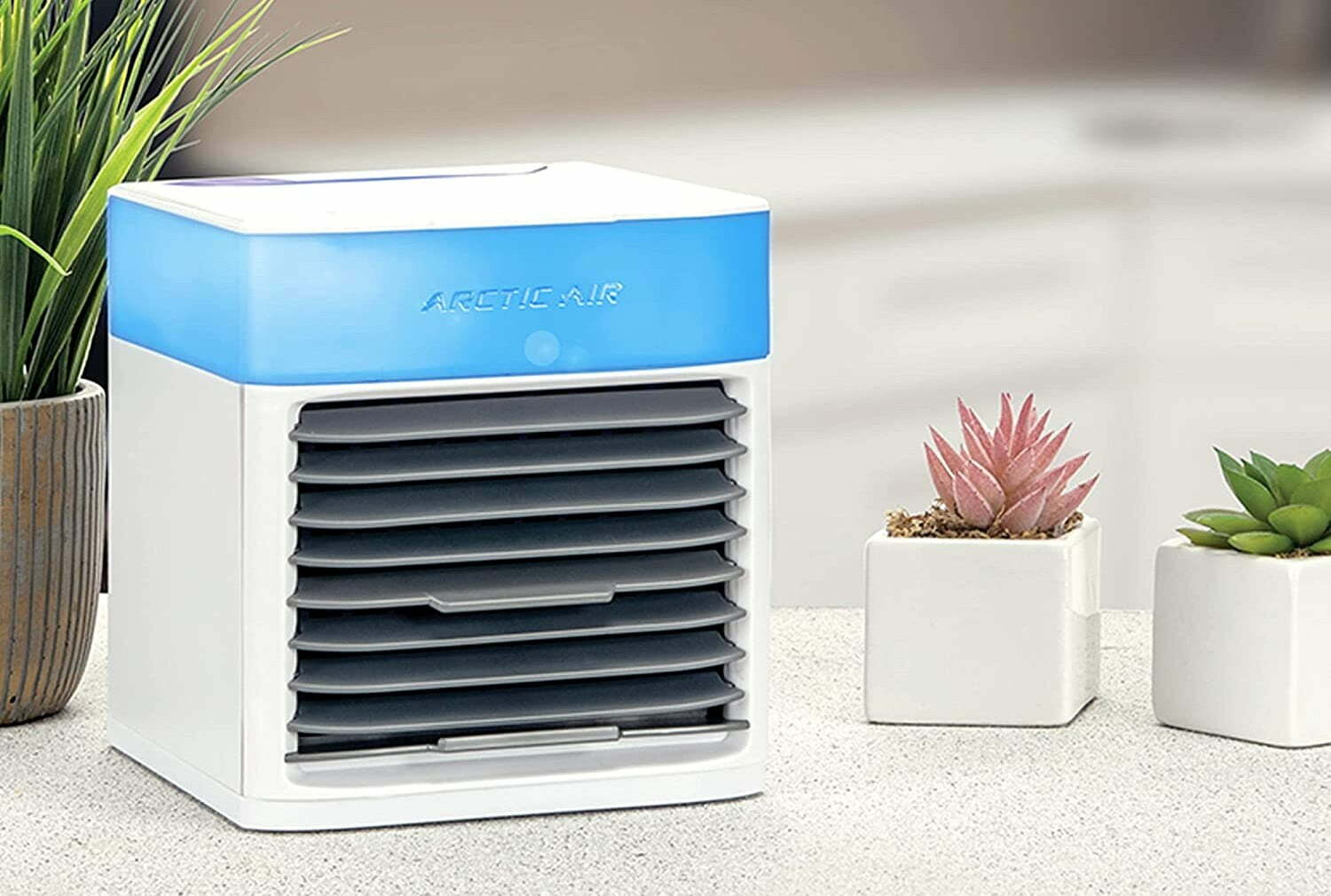
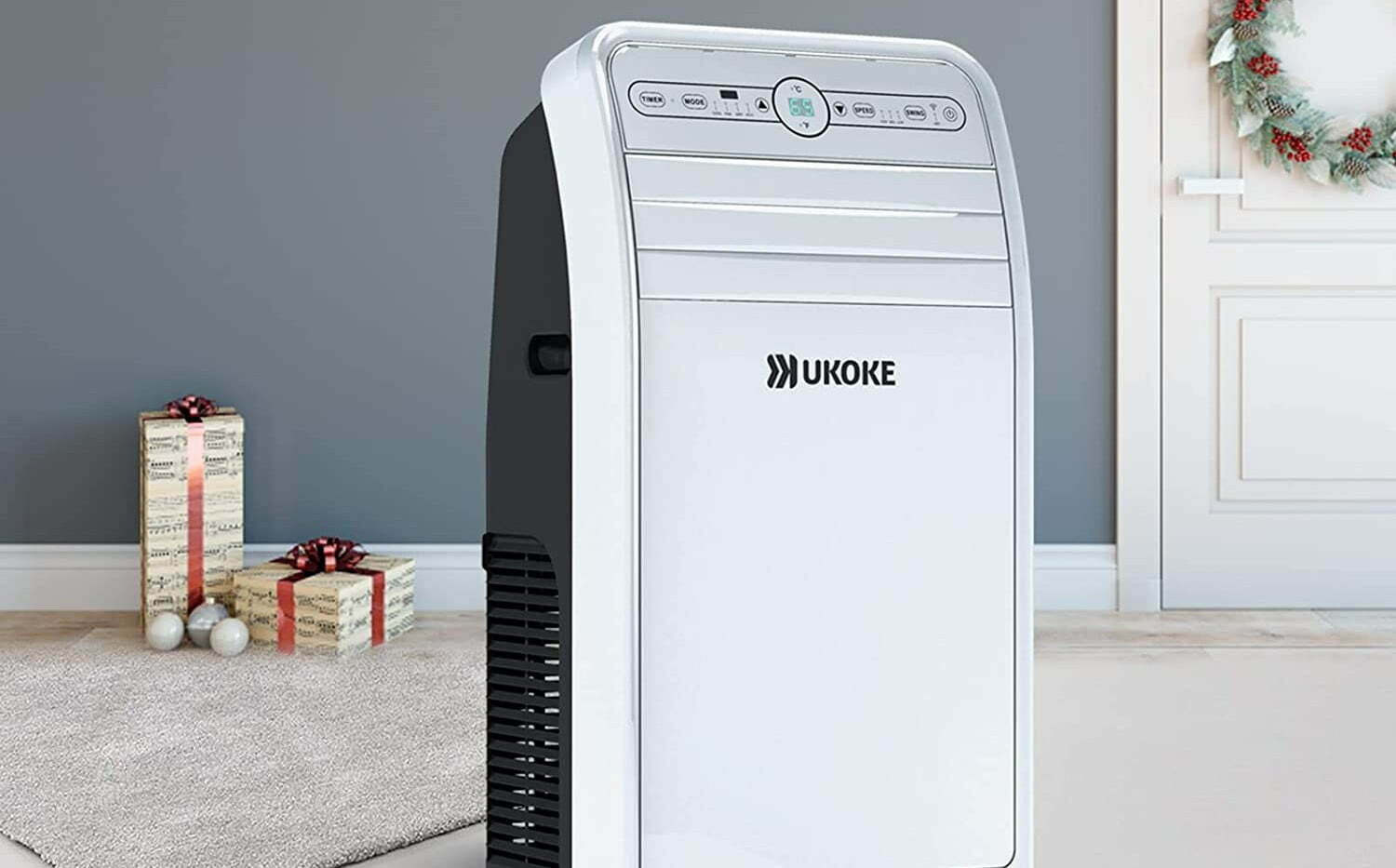
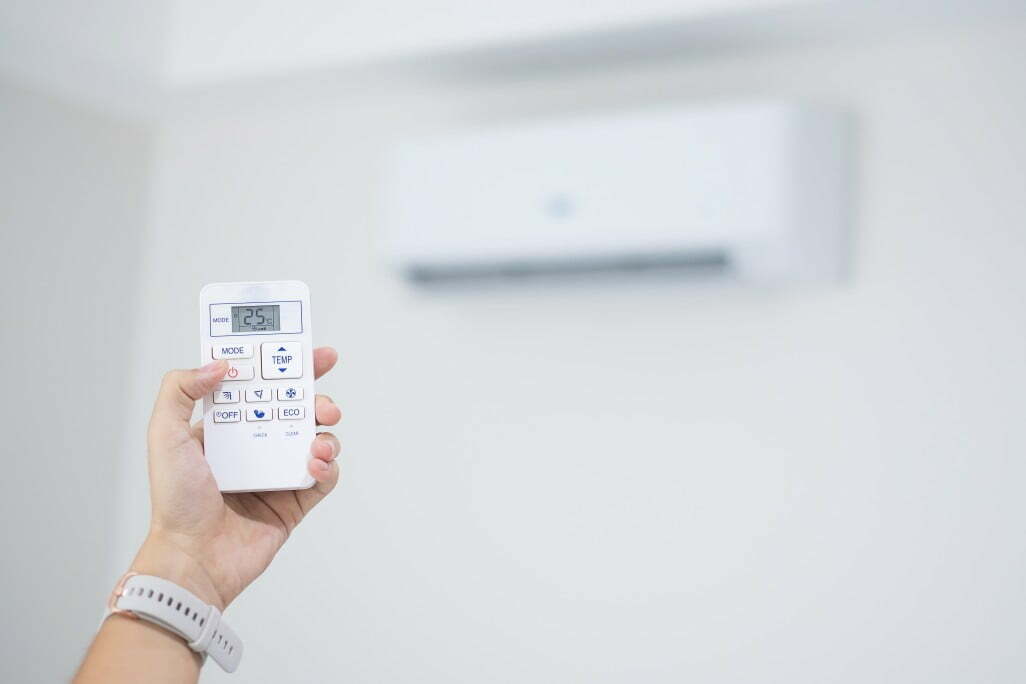

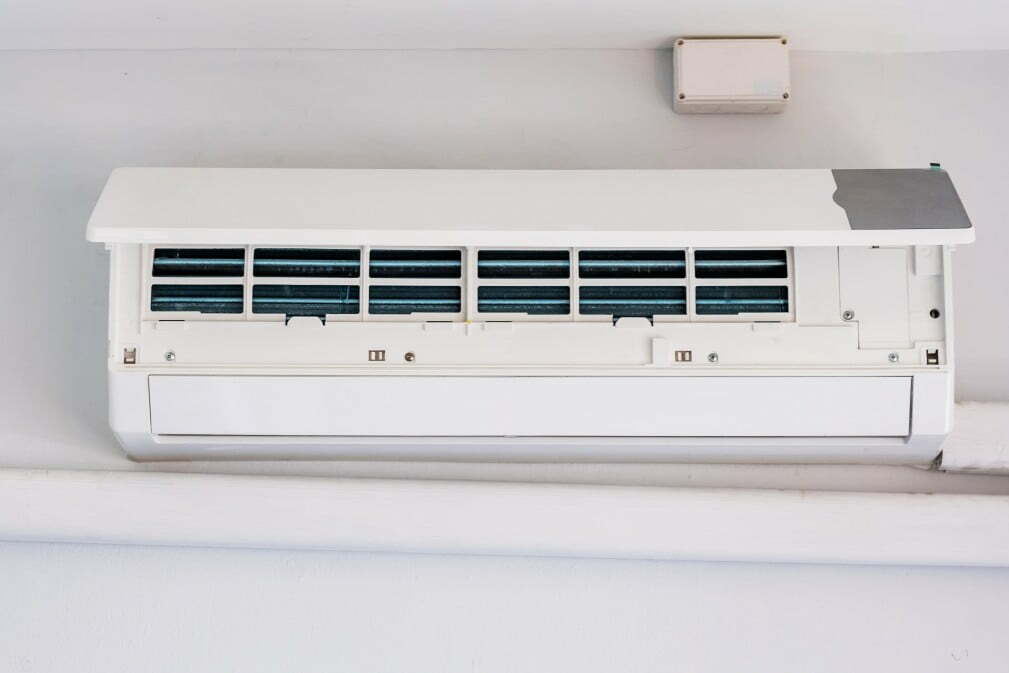
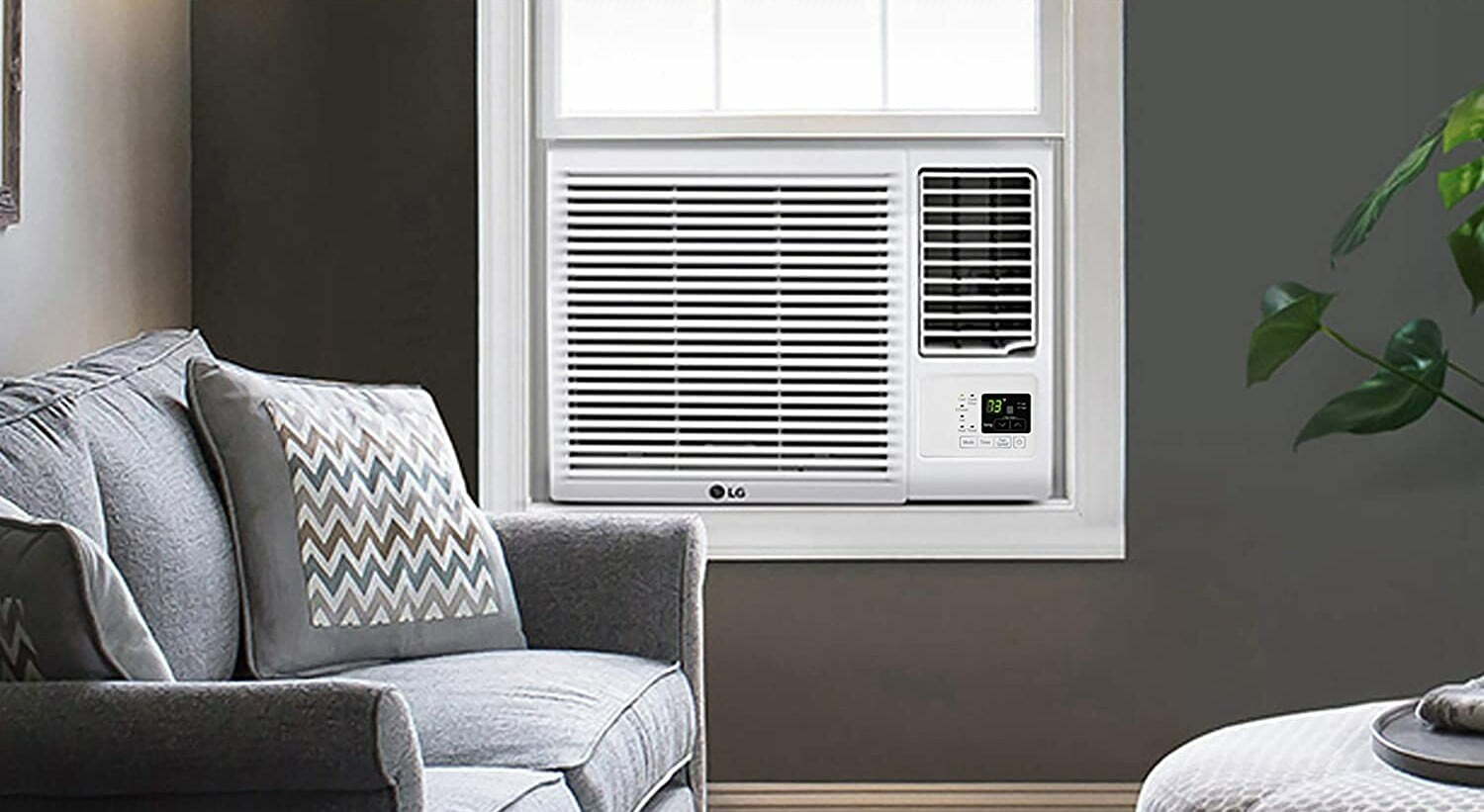
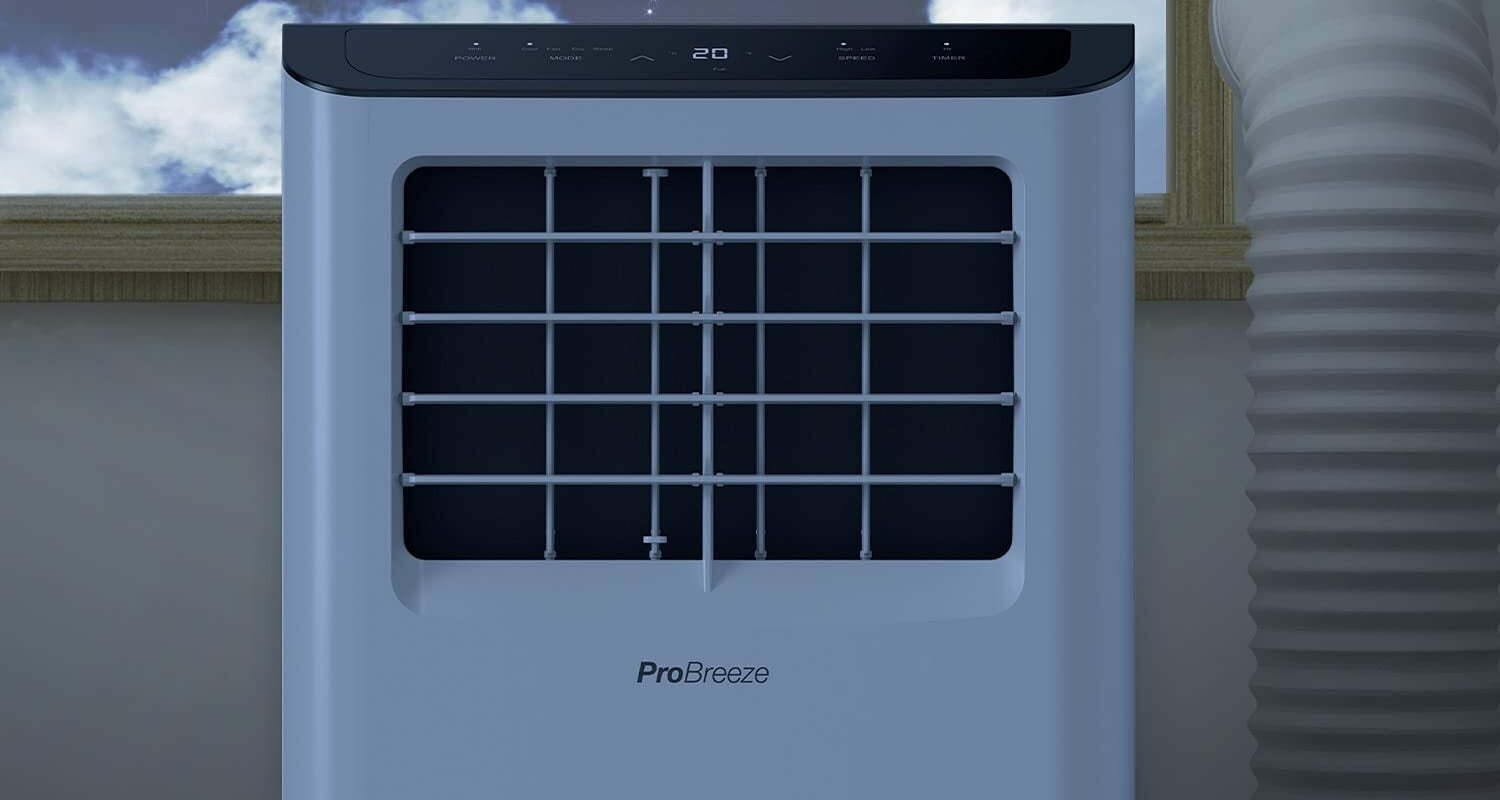

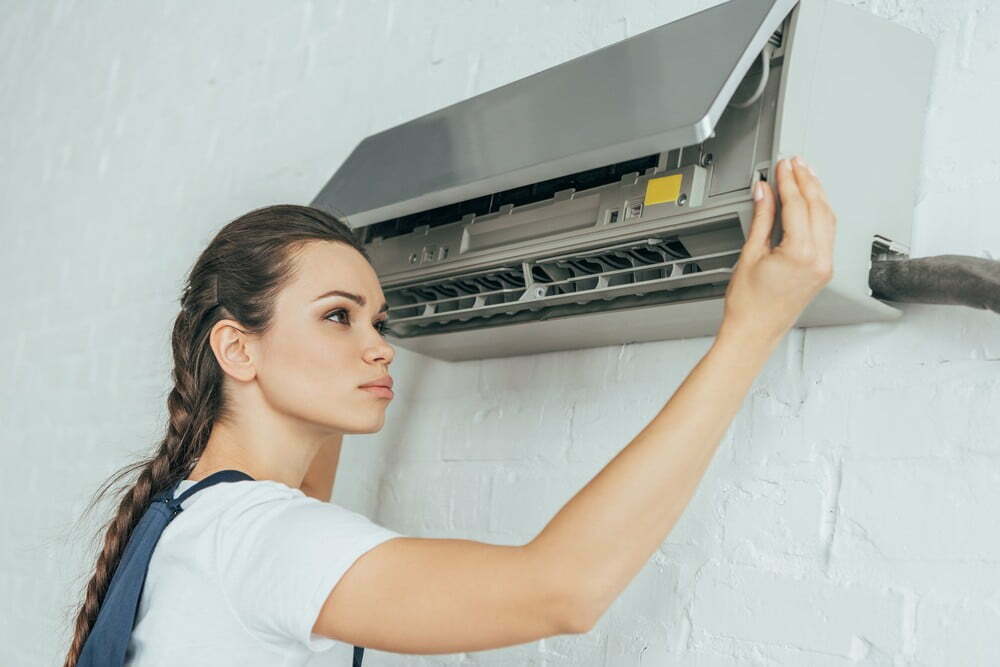
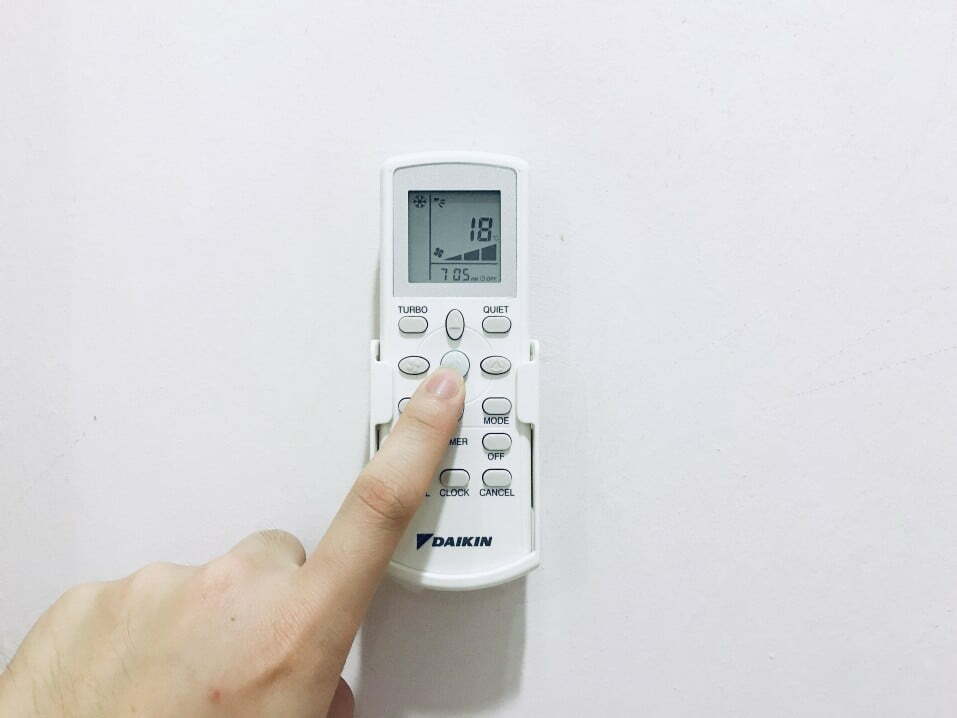
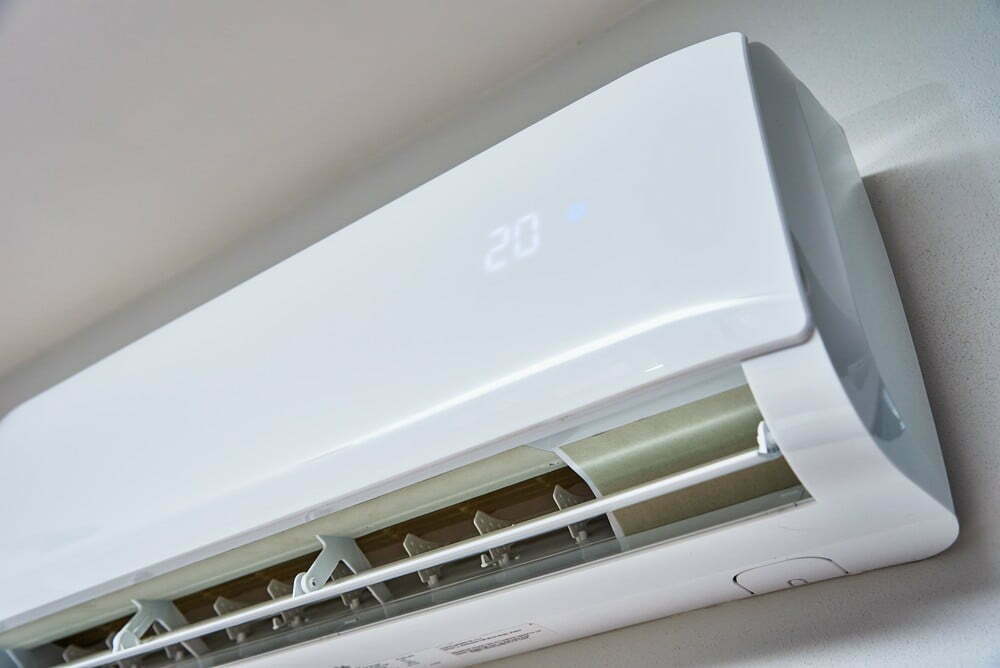
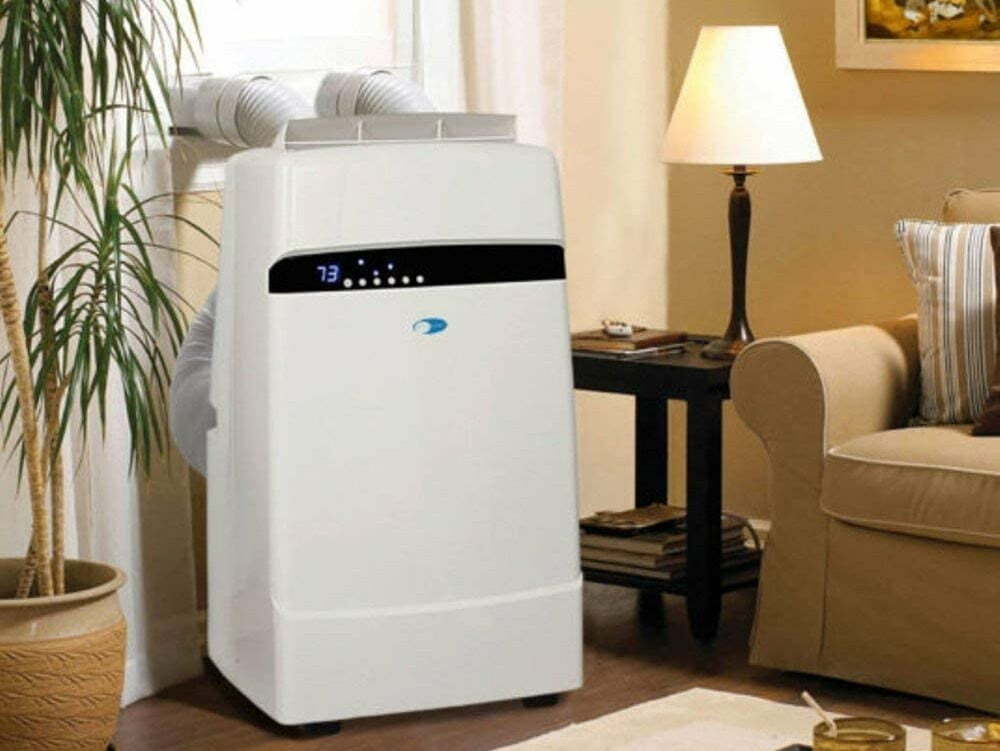
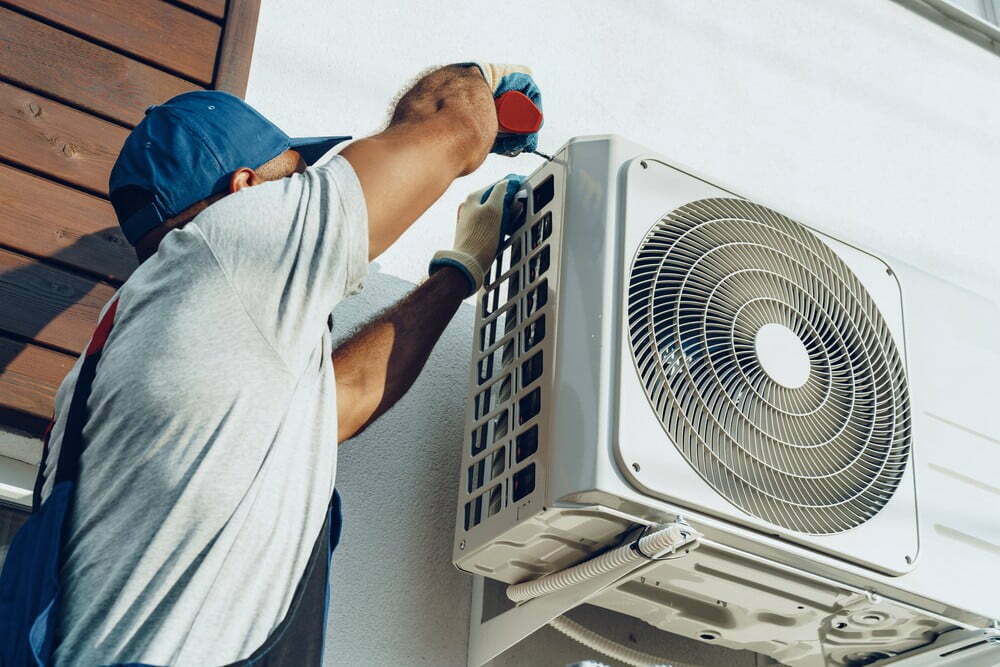

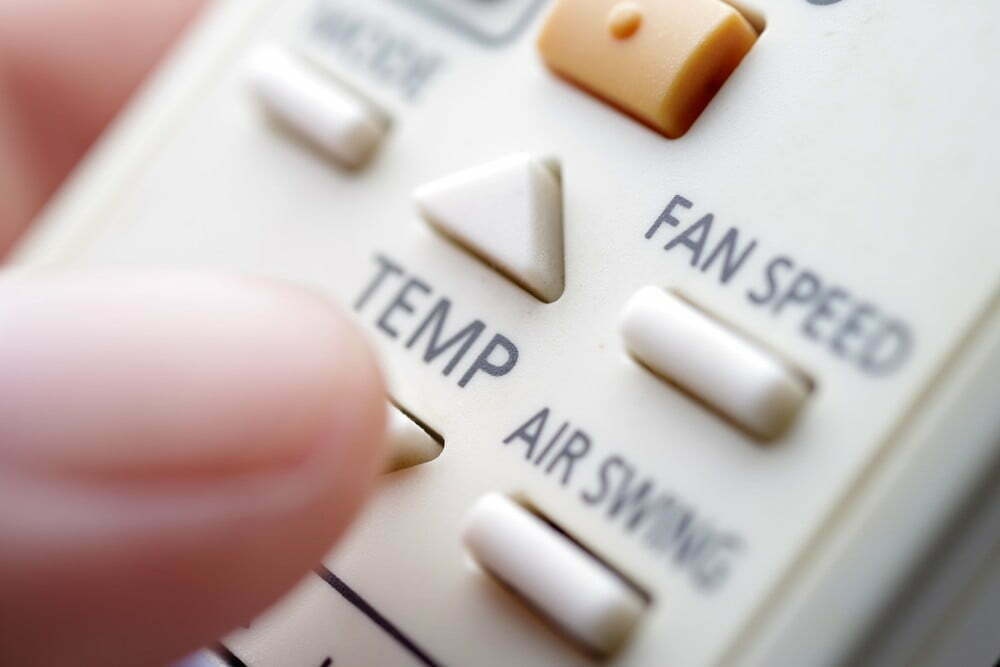
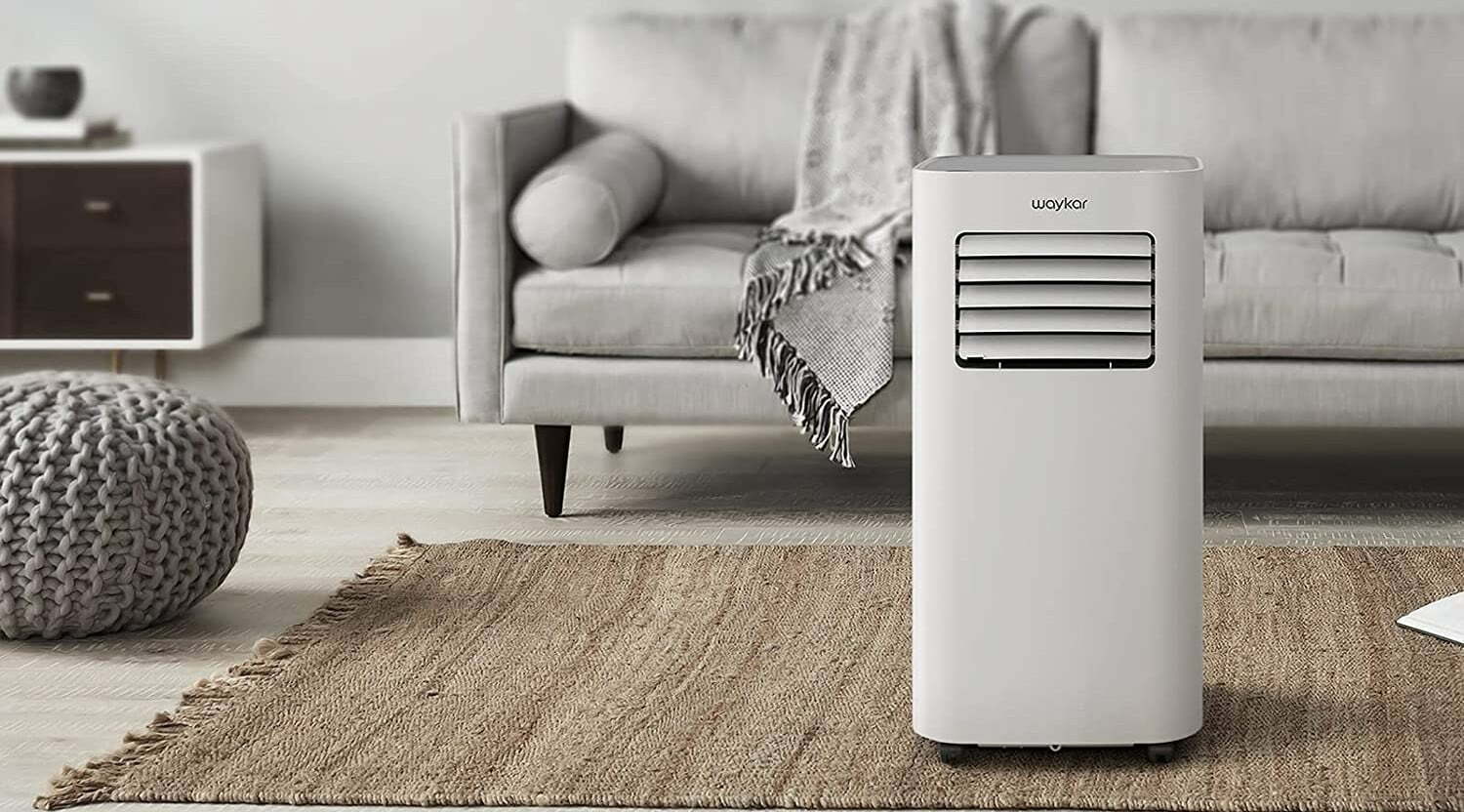
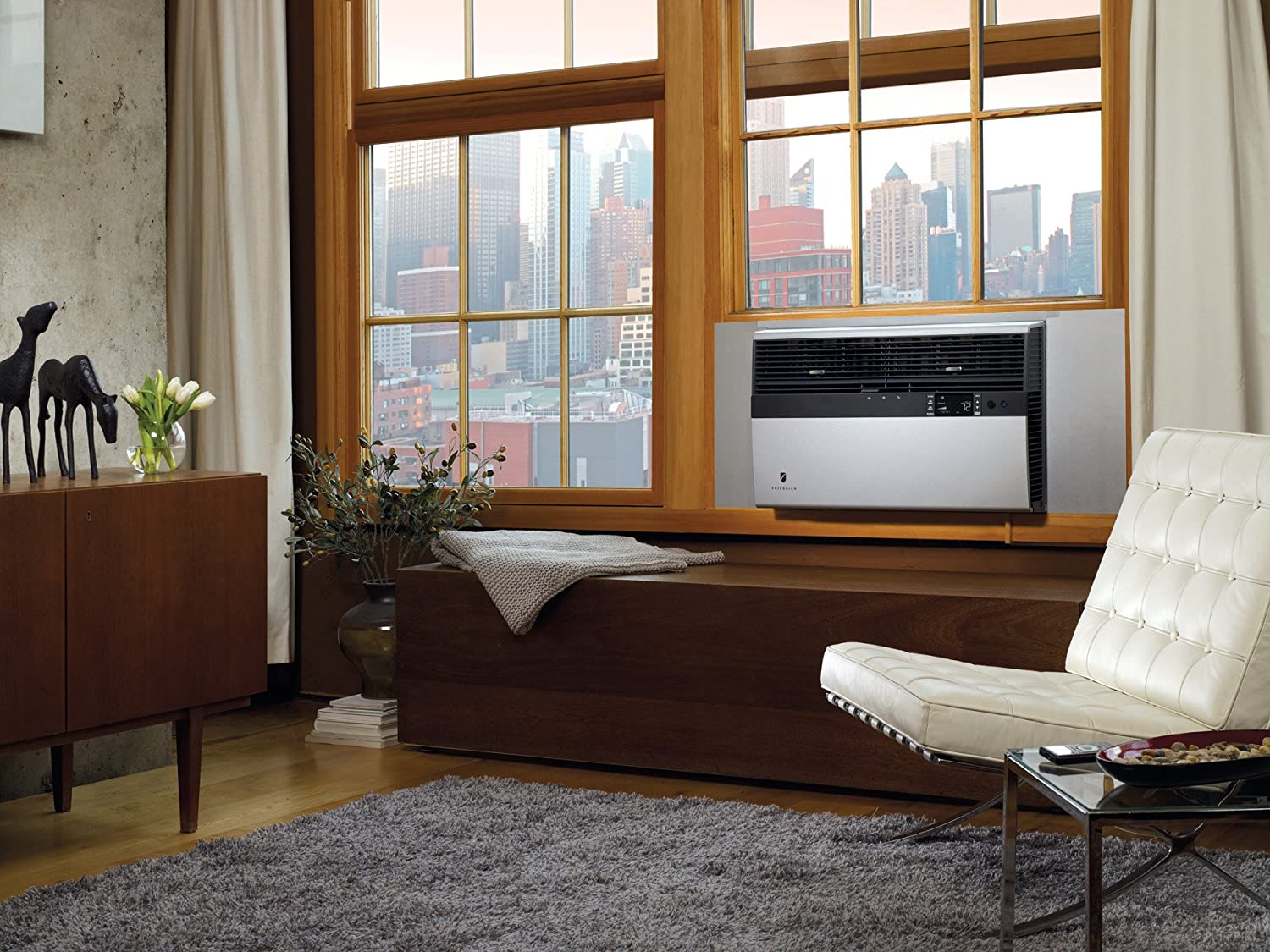
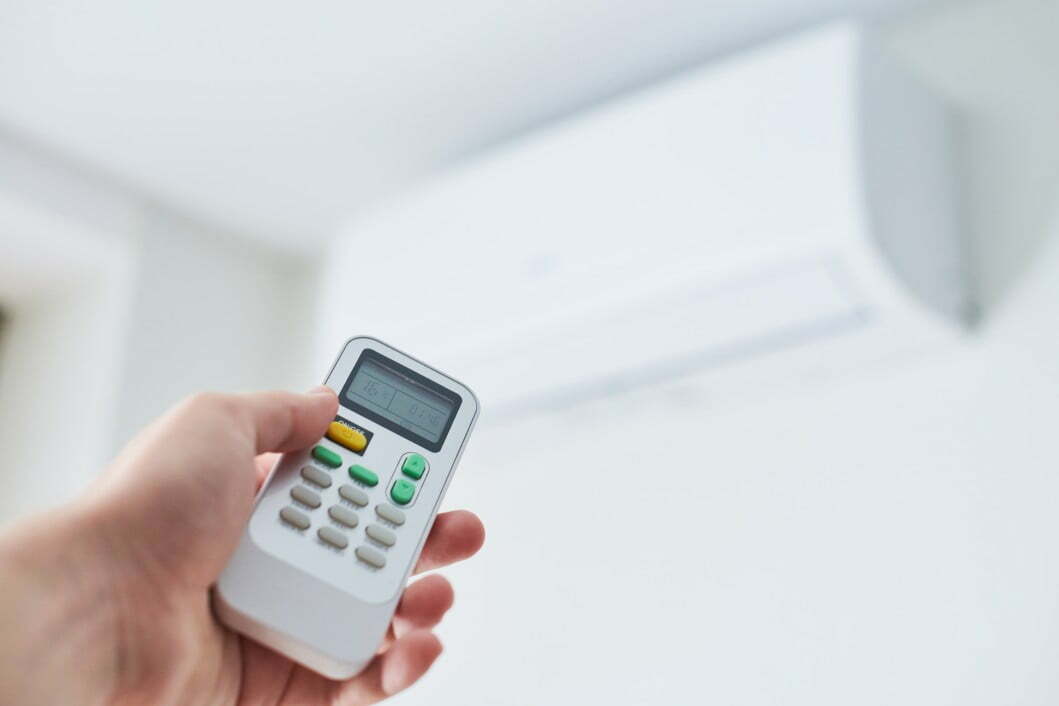
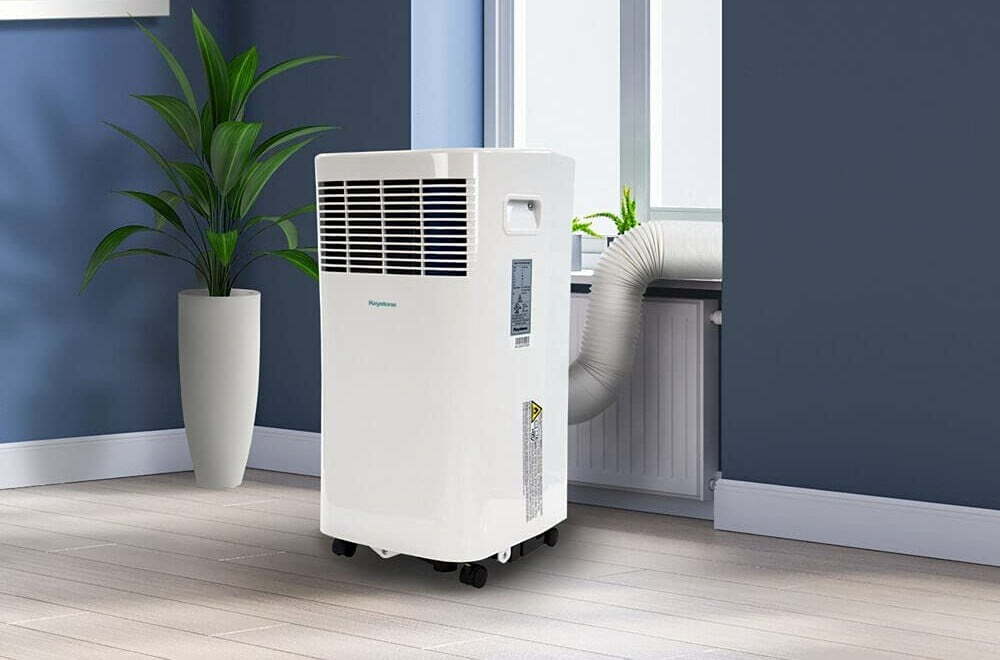
![Best Air Conditioners in [year] ([month] Reviews) 27 Best Air Conditioners in 2026 (January Reviews)](https://www.gadgetreview.dev/wp-content/uploads/best-air-conditioners-image.jpg)
![Quietest Through The Wall Air Conditioners in [year] 28 Quietest Through The Wall Air Conditioners in 2026](https://www.gadgetreview.dev/wp-content/uploads/quietest-through-the-wall-air-conditioner-image.jpg)
![Best 10000 BTU Air Conditioners in [year] 29 Best 10000 BTU Air Conditioners in 2026](https://www.gadgetreview.dev/wp-content/uploads/best-10000-btu-air-conditioner-image.jpg)
![Best 15000 BTU Air Conditioners in [year] 30 Best 15000 BTU Air Conditioners in 2026](https://www.gadgetreview.dev/wp-content/uploads/best-15000-btu-air-conditioner-image.jpg)
![Best 15000 BTU Window Air Conditioners in [year] 31 Best 15000 BTU Window Air Conditioners in 2026](https://www.gadgetreview.dev/wp-content/uploads/best-15000-btu-window-air-conditioner-image.jpg)
![Best 12000 BTU Air Conditioners in [year] 32 Best 12000 BTU Air Conditioners in 2026](https://www.gadgetreview.dev/wp-content/uploads/best-12000-btu-air-conditioner-image.jpg)
![Best Photocatalytic Oxidation Air Purifiers in [year] 33 Best Photocatalytic Oxidation Air Purifiers in 2026](https://www.gadgetreview.dev/wp-content/uploads/best-photocatalytic-oxidation-air-purifier-image.jpg)
![Best Ventless Portable Air Conditioners in [year] 34 Best Ventless Portable Air Conditioners in 2026](https://www.gadgetreview.dev/wp-content/uploads/best-ventless-portable-air-conditioner-image.jpg)
![Best Window Air Conditioners with Heat in [year] 35 Best Window Air Conditioners with Heat in 2026](https://www.gadgetreview.dev/wp-content/uploads/best-window-air-conditioner-with-heat-image.jpg)
![Best Inverter Air Conditioners in [year] 36 Best Inverter Air Conditioners in 2026](https://www.gadgetreview.dev/wp-content/uploads/best-inverter-ac-image.jpg)
![Best HEPA Air Purifiers in [year] 37 Best HEPA Air Purifiers in 2026](https://www.gadgetreview.dev/wp-content/uploads/best-hepa-air-purifier-image.jpg)
![Best Quiet Window Air Conditioners in [year] 38 Best Quiet Window Air Conditioners in 2026](https://www.gadgetreview.dev/wp-content/uploads/quiet-window-air-conditioner-image.jpg)
![Best Energy Efficient Window Air Conditioners in [year] 39 Best Energy Efficient Window Air Conditioners in 2026](https://www.gadgetreview.dev/wp-content/uploads/best-energy-efficient-window-air-conditioner-image.jpg)
![Best Quiet Portable Air Conditioners in [year] 40 Best Quiet Portable Air Conditioners in 2026](https://www.gadgetreview.dev/wp-content/uploads/quiet-portable-air-conditioner-image.jpg)
![Best 6000 BTU Air Conditioners in [year] 41 Best 6000 BTU Air Conditioners in 2026](https://www.gadgetreview.dev/wp-content/uploads/best-6000-btu-air-conditioner-image.jpg)
![Best 8000 BTU Air Conditioners in [year] 42 Best 8000 BTU Air Conditioners in 2026](https://www.gadgetreview.dev/wp-content/uploads/best-8000-btu-air-conditioner-image.jpg)
![Best Small Window Air Conditioner in [year] 43 Best Small Window Air Conditioner in 2026](https://www.gadgetreview.dev/wp-content/uploads/best-small-window-air-conditioner-image.jpg)
![Best 5000 BTU Air Conditioners in [year] 44 Best 5000 BTU Air Conditioners in 2026](https://www.gadgetreview.dev/wp-content/uploads/best-5000-btu-air-conditioner.jpg)
![Best Mini Split in [year] 45 Best Mini Split in 2026](https://www.gadgetreview.dev/wp-content/uploads/best-ductless-mini-split-air-conditioner-image.jpg)
![10 Best Portable Air Conditioners and Heaters in [year] 46 10 Best Portable Air Conditioners and Heaters in 2026](https://www.gadgetreview.dev/wp-content/uploads/best-portable-air-conditioner-and-heater-image.jpg)

